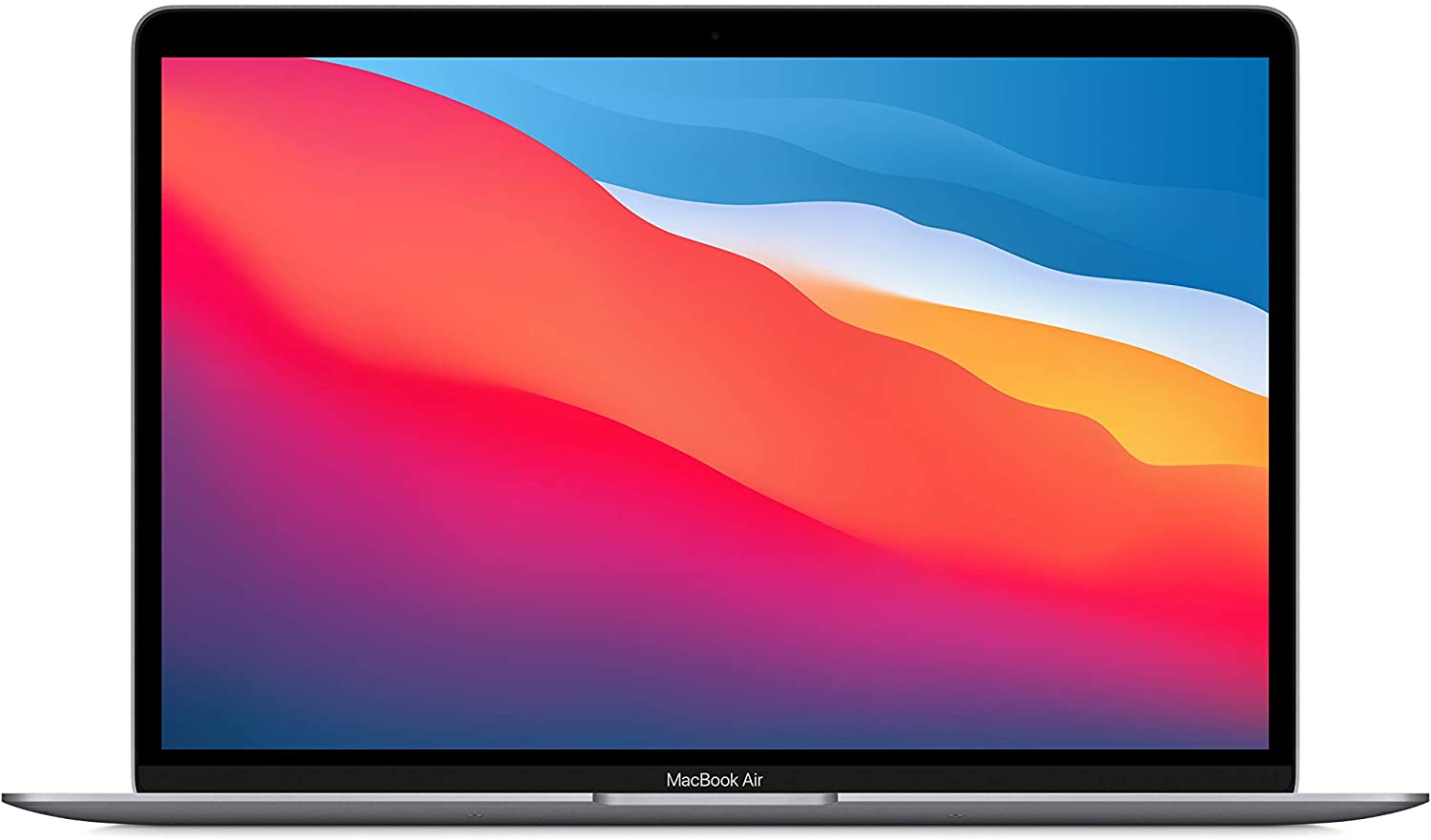You can't make this up.
What you need to know
- Intel CEO Pat Gelsinger wants to court Apple's chip-making business.
- The comments come soon after Intel launched an attack ad campaign against Apple's M1 Macs.
A week after launching an attack ad campaign against Apple's new Apple silicon Macs, Intel's CEO now says that the company wants to build chips for the company.
In a press release on Intel's website, the company's new CEO Pat Gelsinger has announced that the company is founding a new Intel Foundry Services division of the company to try and make itself known for its processor manufacturing.
As part of that new venture, Gelsinger says that the company wants to go after Apple as a potential customer. As reported by MacRumors, this was surprising to a lot of people especially since the company has been running ads that bash Apple's new M1 Macs.
It's really funny to hear Pat Gelsinger at #IntelUnleashed name drop potential collaboration with Apple on the new foundry business after Intel spent the last week on an ill-advised ad campaign dunking on Apple.
— James Sanders (@jas_np) March 23, 2021
I don't think the bridge is burned, it's just eyebrow-raising.
It appears that Intel is planning to position itself as a powerhouse in the foundry space and could potentially help build Apple's custom processors in the future if the two companies were able to reach an agreement.
Gelsinger just said that Intel, which is ramping up a foundry business to manufacture chips for other companies based on their designs, will court Apple as a customer. The age of the Intel Mac might not be over just yet.
— Harry McCracken (@harrymccracken) March 23, 2021
If you're looking for the best M1 Mac right now, check out our list of the Best Mac 2021.
It is currently unclear if Intel and Apple are actually in talks about the company taking on any chip manufacturing, but Intel might want to cut those attack ads out if it wants to become a partner to Apple.
MacBook Air with M1
Apple's newest MacBook Air is silent but deadly, a potent combination of class design and a new, ultra-fast M1 SoC.
From $999 at Amazon From $999 at Apple From $999 at Best Buy


0 Commentaires